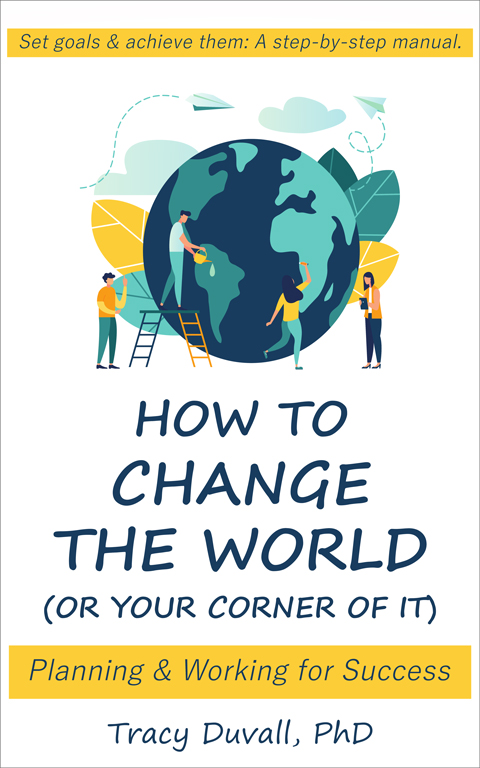“Behavior change is hard” is a common lament among do-gooders. They’re referring to voluntary changes in people’s practices, like eating less beef or consistently wearing a condom during sex. Despite limited success, one popular approach to motivating behavioral change is through advertising – especially public-service announcements (PSAs). What many PSAs lack, though, is a comparable alternative to the naughty action: okay, I shouldn’t smoke, but what’s the satisfying substitute?
Maybe that’s part of why this ad from Sodastream worked so well on me: it suggested an equivalent product at an equivalent price (and less hassle):
But what also worked was that it made me feel stupid for buying soft-drink bottles when a fine alternative exists. Shame, indeed!
Undoubtedly this commercial doesn’t have the same effect on everyone. But, for me, watching it one time provoked a quick, profound, and lasting change. Could ads for the Impossible Whopper be tailored to…
View original post 28 more words

 I happily own an
I happily own an 